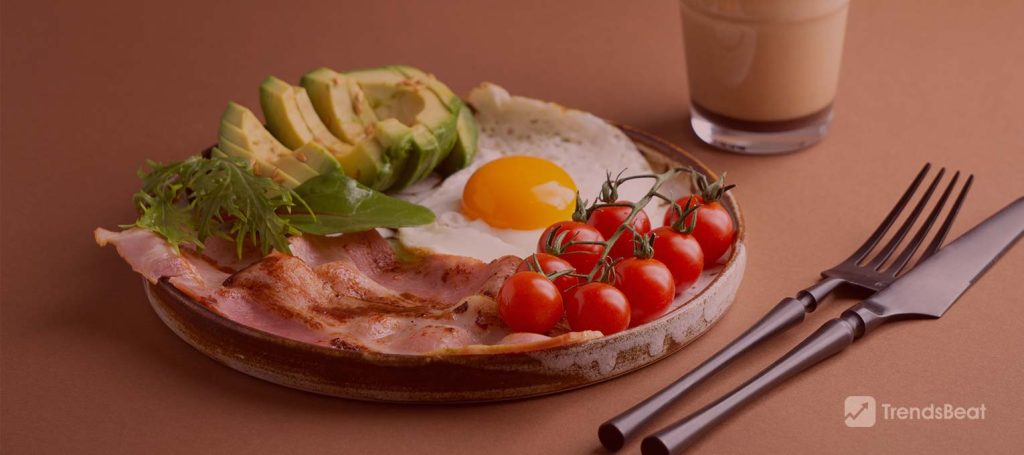What Is A Zero Calorie Snack? How Does It Impact Your Health?
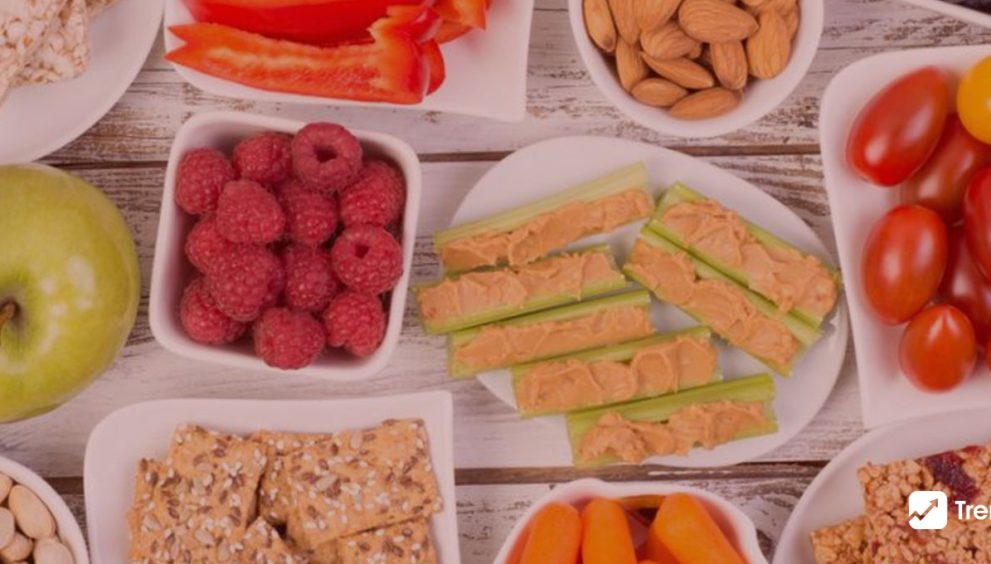
Zero calorie snack can be defined as food rich in lipids, proteins, carbs, and sugars are all vital sources of calories that the human body requires to survive and function properly. Zero calorie snack can be consumed at any time. Certain foods with a lot of water and fiber, such as celery, cucumbers, lettuce, onions, strawberries, apples, vegetables, Greek yoghurt, almonds, and popcorn low in calories but high in nutrients and can be consumed on a daily basis.
According to health experts and nutritionists, these foods (zero calorie snack), also known as negative or near-zero calorie foods, can take more energy to process than they deliver to your body. Low calorie foods help you a lot in weight loss and weight maintenance.
Top zero calorie snacks
Three macronutrients and several micronutrients are required for your body to function properly. The main three macronutrients that provide energy in the form of calories are carbohydrates, fat, and protein. A calorie is a small unit to measure the amount of energy in food in your body; it is commonly expressed as kcal (kilocalories).
Foods with negative calories or zero calories have extremely few calories. As a result, the label can be deceiving: “few calories” does not necessarily imply “no calories.” Zero calorie snack contains a few calories in relation to their serving size. Fruits and vegetables, in particular, are typically low in calories. According to the USDA Nutrition Database, 2 cups of shredded romaine lettuce or spinach contain 16 calories, a large stalk of celery contains ten calories, one large ear of corn contains 123 calories, 1 cup of broccoli possesses 15 calories, and orange contains 70 calories.
Mayo Clinic reports that foods that are deemed high-calorie or calorically dense have a large number of calories per serving size. High-calorie foods include oils, butter, other fats, fried dishes, and sugary desserts. While many people consider high-calorie foods junk food, some are also abundant in nutrients.
Below mentioned foods, however, do contain calories, no matter how few. Low-calorie foods are high in water and fiber, which helps to keep hunger at bay for longer. But the actual query is: can a zero calorie snack provide your body with the nutrition it requires to function and survive on its own? Let’s get a little more into the below chosen zero calorie snack from a variety available.
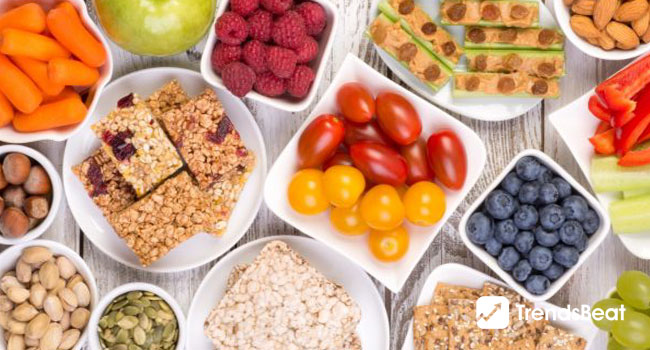
Kale
Kale is a popular vegetable that is commonly found in salads. This dark leafy green is high in antioxidants, which assist the body fight oxidative damage caused by free radicals.
This zero-calorie snack is also high in nutrients and vitamins like vitamin C, which boosts immunity, vitamin K, which aids blood clotting and helps prevent heart disease and osteoporosis, magnesium, which helps prevent type 2 diabetes, calcium, which is necessary for bone health, and potassium, which has been linked to decrease blood pressure and a lower risk of heart disease. You can use it as zero calorie snack on your eating menu.
Apples
Want the most useful zero calorie snack? When it comes to zero-calorie foods or 0-calorie snacks, apples are one of the most popular choices. This fruit has roughly 65 calories per cup. Apples are good for weight loss not just because of their low calorie count but also because of their rich fiber and water.
In a 2008 10-week research of 50 overweight women, it was discovered that those who ate apples as zero calorie snack consumed fewer calories than those who ate oat cookies. They can also help lower your blood cholesterol levels, which is healthy for your heart. Apple as zero calorie snack is also thought to lower the risk of Type II diabetes, including probiotics that support gut health, prevent cancer, improve bone health, and aid in the battle against cancer.
Popcorn
Popcorn is an excellent zero-calorie snack to have on hand, especially if you’re watching your calorie intake. It can be air-popped without oil and adds roughly 100 calories per three cups, making it a whole grain with a lot of fiber. Many individuals utilize it as zero calorie snack to avoid obesity. Diet planners call it the best zero-calorie snack available on the market.
Almonds
Nuts aren’t usually thought of as a zero-calorie snack because they’re so nutrient-dense. According to Sauza, a single serving of 10 to 12 almonds contains roughly 100 calories. However, eating those 100 calories can keep you feeling full and limit your chances of consuming more calories later in the day and preventing you from eating additional sugary snacks, which may lead to weight gain. He claims that eating a suggested portion of nuts keeps calories low. It’s no surprise that eating nuts can help you lose weight and prevent diabetes.
Grapefruit
Grapefruit serves well as zero calorie snack. This citrus fruit is low in calories, with only 42 calories per 100 g, and is high in minerals and vitamins. They are low glycemic fruits, which means they will not raise your blood sugar levels, making them ideal for people with diabetes.
This zero-calorie snack also includes fiber, potassium, lycopene, vitamin C, and choline, which help protect your heart by lowering blood pressure. They’re high in antioxidants, which can help reduce your cancer risk. Grapefruits, which are high in water and fiber, aid in maintaining regular bowel motions and prevent constipation. It’s a great option to choose as a zero-calorie snack.
Impact Of Zero Calorie Snacks On Health
Low-calorie diets are specified by the National Institutes of Health (NIH) as meal programs that give 1,000 to 1,200 calories per day for women and 1,200 to 1,600 calories per day for men. This figure is sometimes adjusted for factors such as age, weight, and degree of activity. A low-calorie diet plan consisting of zero-calorie snacks usually includes ordinary meals, including meal replacements. Zero-calorie snacks can impact your overall health positively and negatively. Let’s know the advantages and the side effects side by side.
Aids In Weight Maintenance
One of the most significant aspects of reducing weight on a low-calorie diet is eating less food than you require or consuming fewer calories per day than you expend. To maintain the same weight, the average lady requires up to 2000 calories per day, whereas the average guy requires around 2500 calories per day. A zero-calorie diet aids weight reduction since it entails eating a certain number of calories per day, implying that your body expends more calories per day than it receives, resulting in weight loss. As Zero calorie snack, vegetables and fresh fruits can be used to achieve the desired target.
Assist You To Stay Healthy
Diets are popular among those who wish to lose weight. A low-calorie diet can assist you in accomplishing this aim by assisting you in losing weight and so improving your health. Furthermore, when done correctly, a low-calorie diet frequently entails eating a well-balanced diet on a daily basis, which is an important aspect of living a healthy lifestyle. Low-calorie diets often include high-quality fiber, whole grains, fruits and vegetables, and lean protein to ensure that you get the nutrients your body needs to function on a regular basis, regardless of calorie reduction.
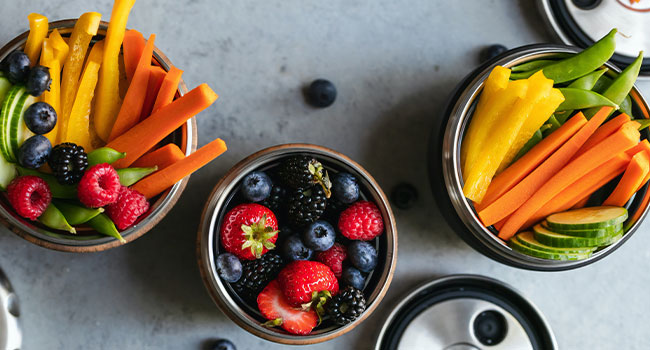
Boosts Moods And Well Being
Low-calorie, well-balanced diets frequently include necessary nutrients and minerals that help the body function properly. These minerals also ensure that you receive adequate sleep at night and that you have the energy you need to complete your daily chores. This significant number of nutrients and minerals also aids in the maintenance of your health and the strengthening of your immune system.
Improves Your Blood And Sugar Levels
When dieting, most people avoid items high in sugar or carbohydrates because these sugars event
ually turn into calories and, if consumed, can render the entire diet worthless. It is helpful to your health to avoid sugary and carbohydrate foods because it helps regulate your blood sugar levels. Blood and sugar levels that are too high put you at serious risk for diabetes and heart disease, so it’s critical to keep them in a healthy range. Utilizing some fruits as zero calorie snack can help you a lot. Well, some are the side effects of using zero-calorie snacks on a regular basis. Have a glace on them to make your diet plan a healthy one.
Weakens your bones and muscles
When you take too few calories, your body’s estrogen and testosterone levels drop. Reduced bone growth and greater bone breakdown can occur when reproductive hormones are low, resulting in weaker bones. Because eating just zero-calorie meals leaves you with little to no energy, you may be unable to exercise, which can lead to bone loss and an increased risk of fractures.
Low Immune System
Consuming just zero-calorie items reduces your calorie intake and raises your risk of infection and disease. Several research on athletes has found that cutting calories lowers your immunity and increases your risk of infection and chronic disease, fever, weakness, laziness and blood pressure issues. It makes you more likely to get sick.
Nutritional deficiency
This condition, also known as malnutrition, happens when your body does not get or absorb enough nutrients from your food. These shortages can also occur if you choose to eat just zero calorie snacks. As previously stated, these foods consist solely of fruits and vegetables; nevertheless, a balanced diet that provides you with all of the nutrients you require includes all five major food groups. So, it can influence your overall health.
Metabolism Disturbance
Metabolism converts food and drinks into energy that our bodies may use throughout the day and even while us fall asleep. High or fast metabolism is desirable for weight loss since it aids in burning food so that it is not converted and stored as fat in the body.
When you eat too few calories, your body assumes you’re hungry and goes into starvation mode, loosening the number of calories you take in an attempt to restore energy balance and prevent you from losing any more weight. If your metabolism slows down, you’re more likely to have unusually low blood pressure, a slow heart rate, gallstones, anemia, brittle bones, and depression, among other problems.
Does zero calorie food help lose weight?
Many fitness enthusiasts who want to lose body fat and gain muscle mass have been captivated by the concept. While it is crucial to consume enough calories, many people find that calculating and decreasing calories can help them lose weight. Calories are ignited as a consequence of physical activity.
According to the CDC, you are in caloric balance if you maintain your weight. This means that you consume roughly the same calories you expend each day. If you eat more calories than you burn, you will gain weight if you are in a caloric surplus. You will lose weight if you are in a caloric deficit, which means you are burning more calories than you are eating.
People who desire to lose weight frequently try to create a calorie deficit. However, even if they have a caloric deficit, they must consume enough calories to function and stay healthy. According to McDaniel, eating adequate calories helps maintain muscle mass during weight loss. It also aids in the maintenance of weight loss.
Does zero calorie food make you fat?
Almost all foods contain calories, with the exception of items that have been developed to be calorie-free, such as sugar replacements. Some foods have very few calories, and we disburse some calories by chewing and digesting our food. However, the idea that eating particular foods can make you get fat is true. When you repeatedly eat zero calorie snacks, you are more likely to gain weight instead of losing.
The Bottom Line
To conclude, Zero calorie snack helps individuals in weight maintenance, combating obesity, freshening skin, and making their sleep period better. But on the other hand, the usage of zero calorie snacks regularly puts people at a higher risk of getting sick, making their immune system weak.


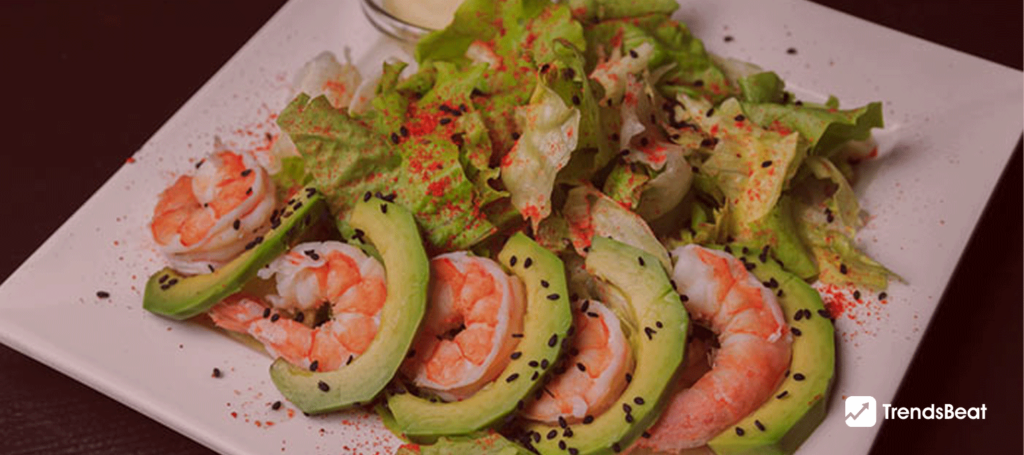




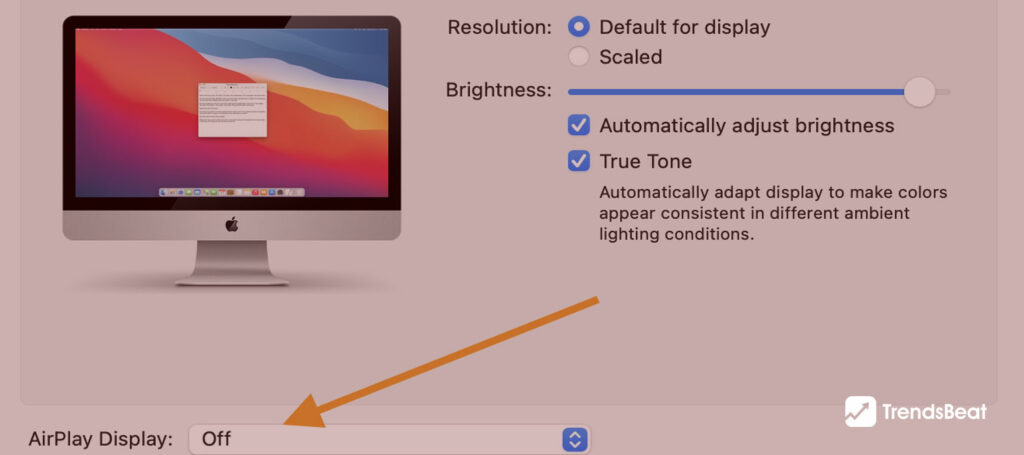












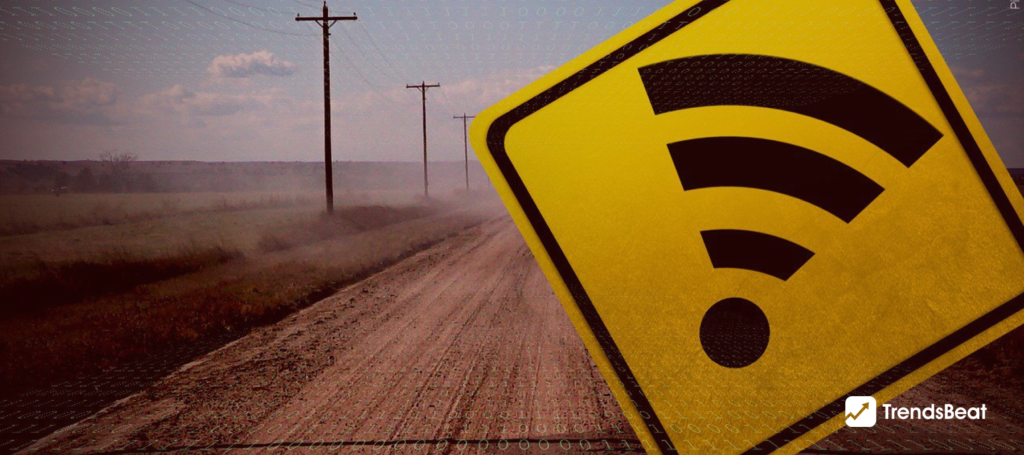



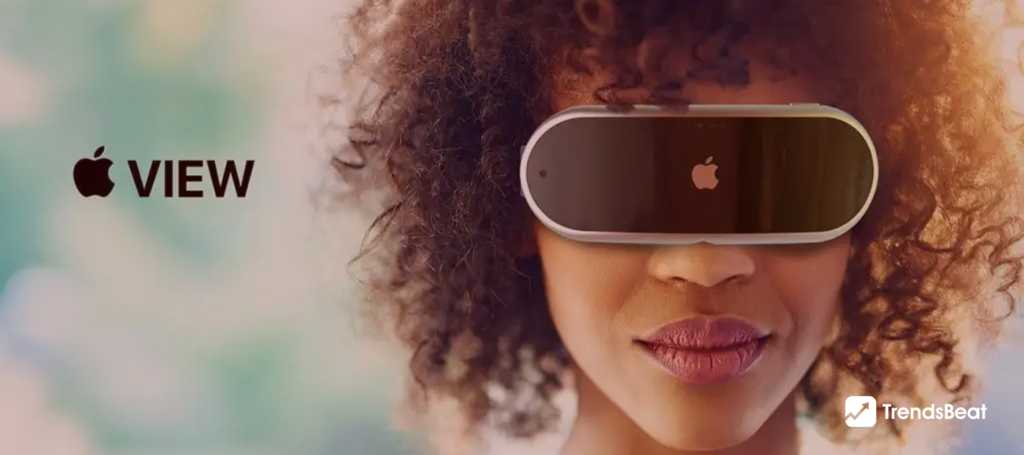






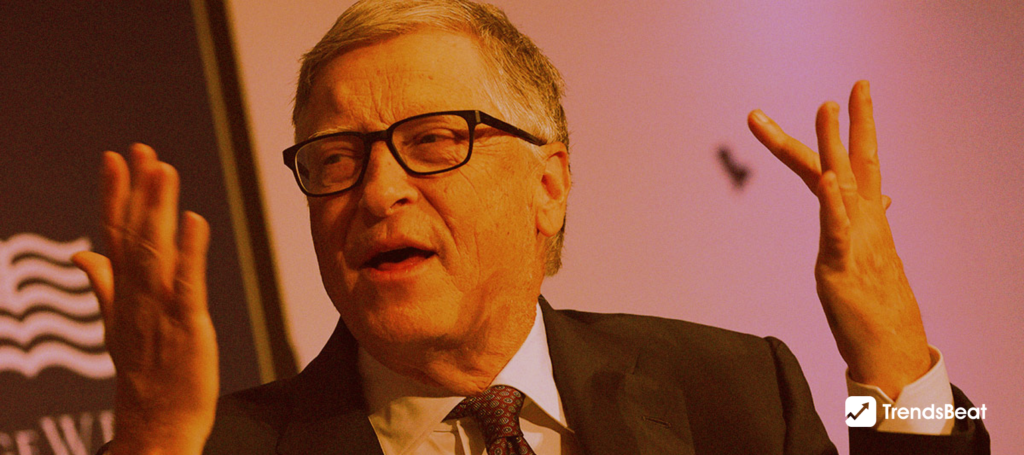
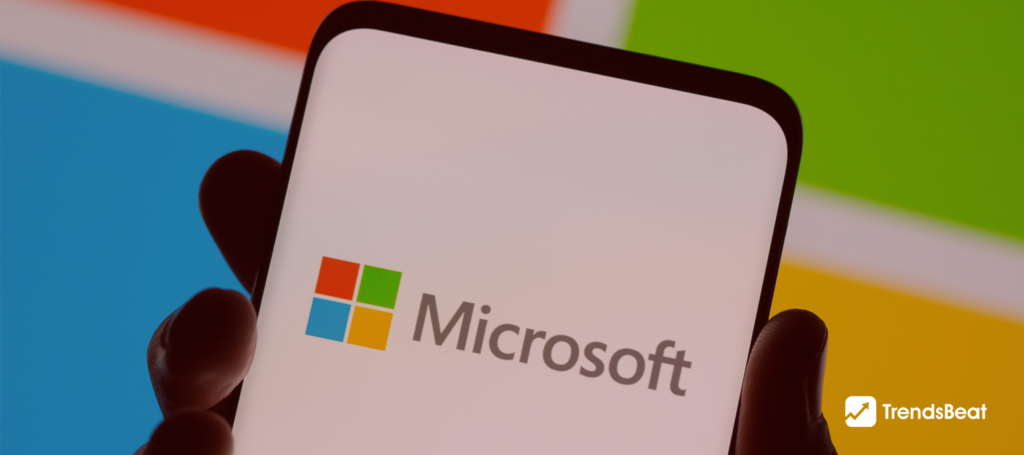
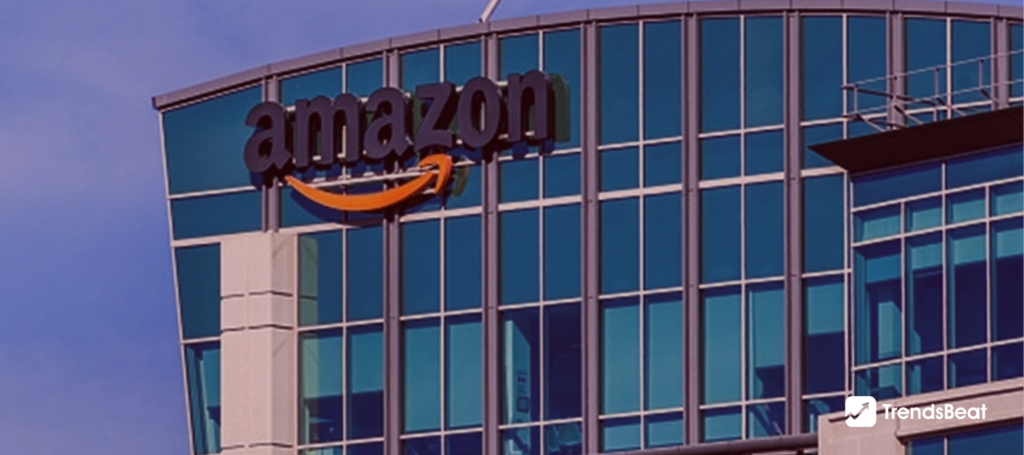
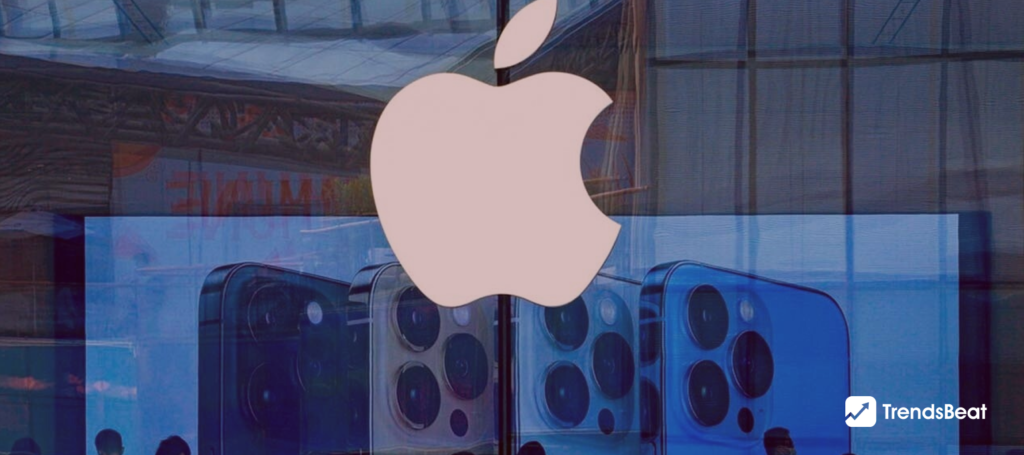
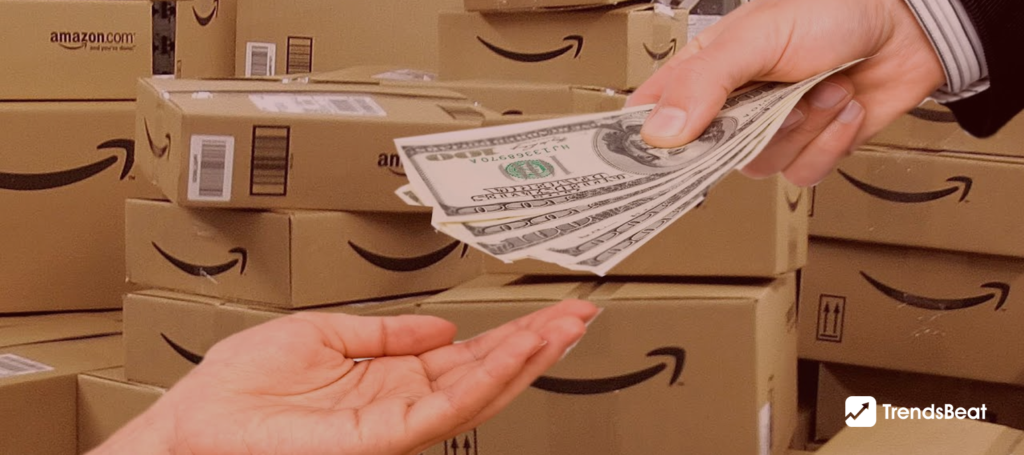
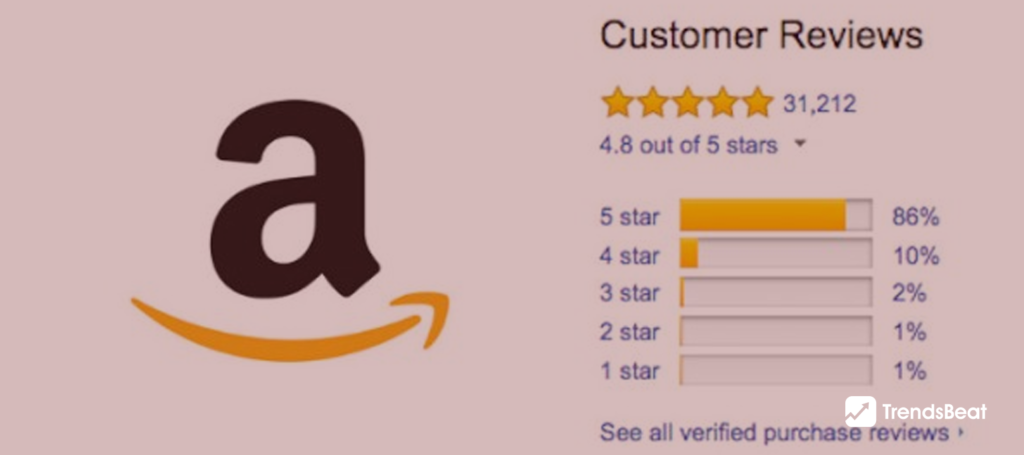


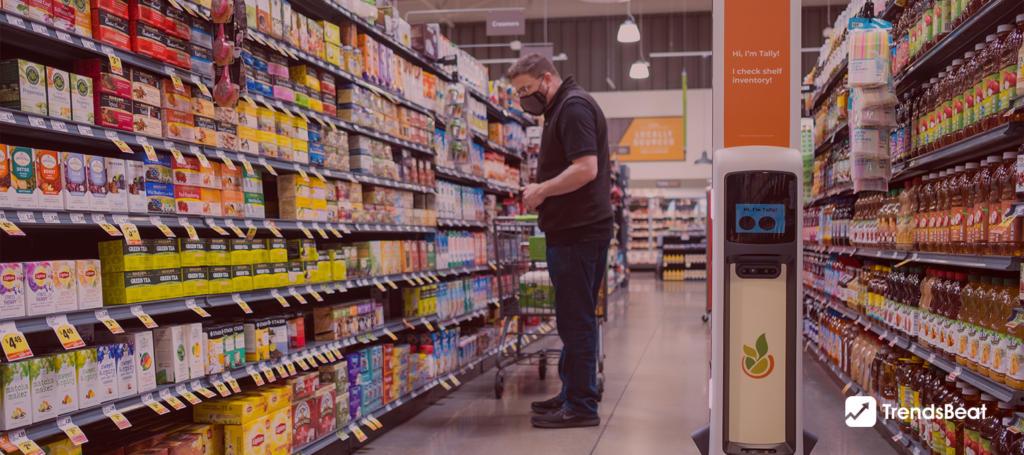

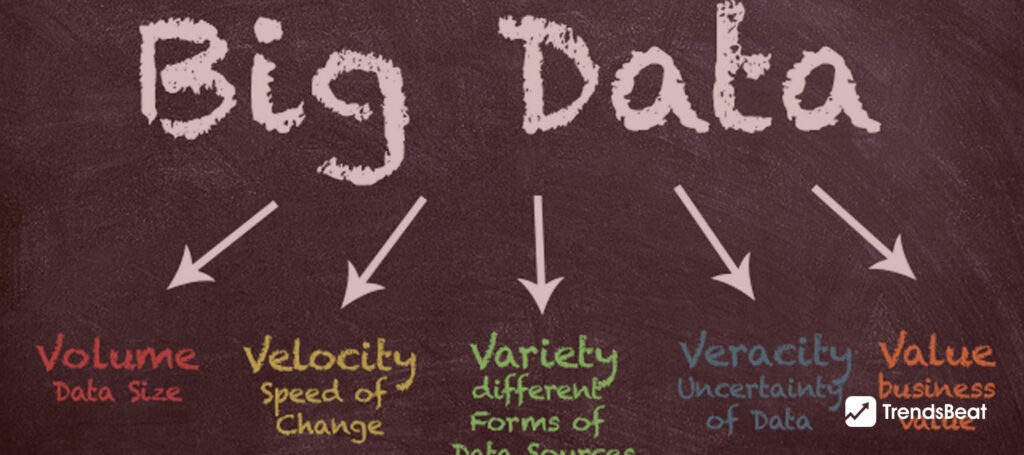





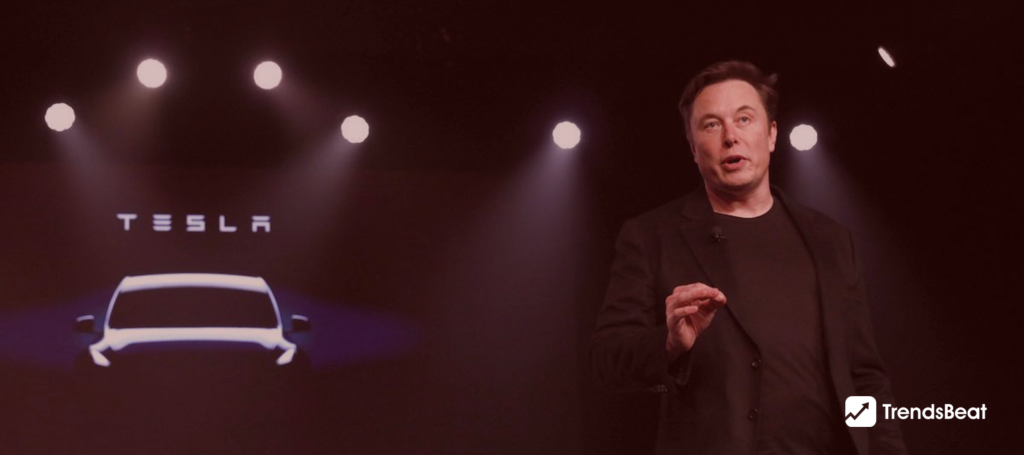
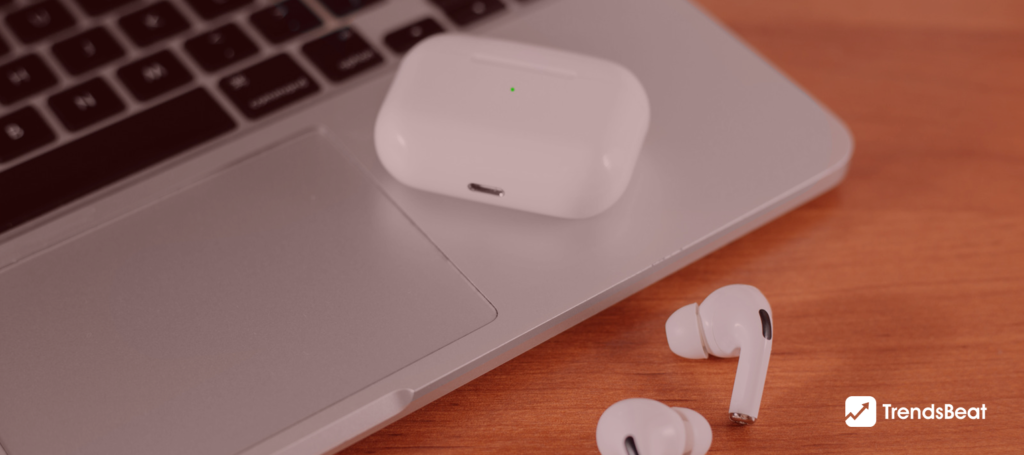
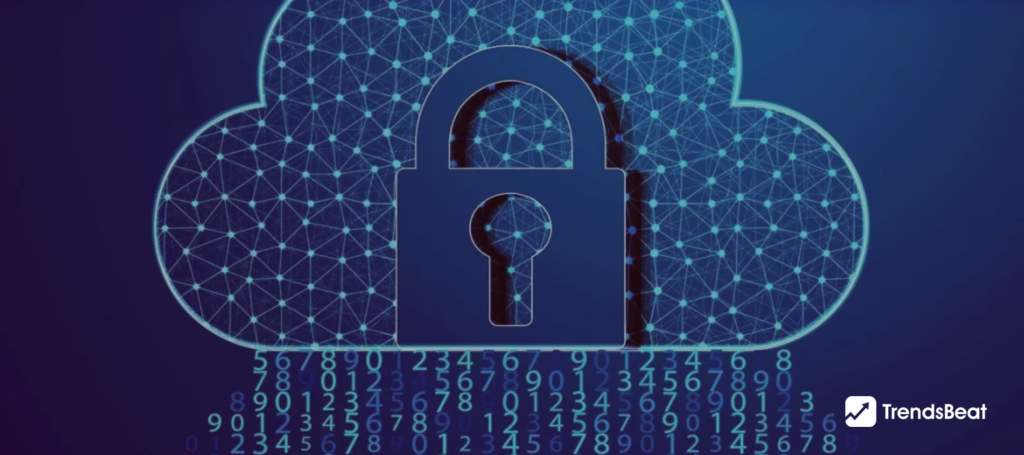
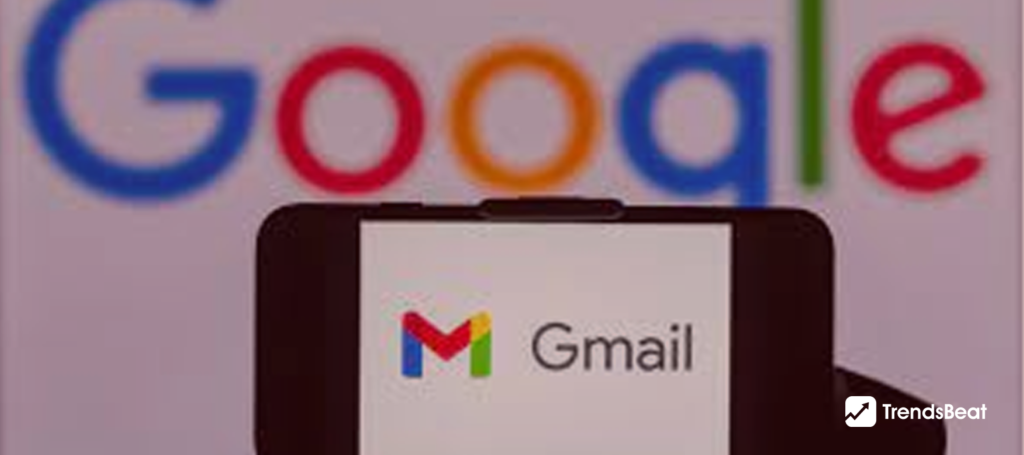
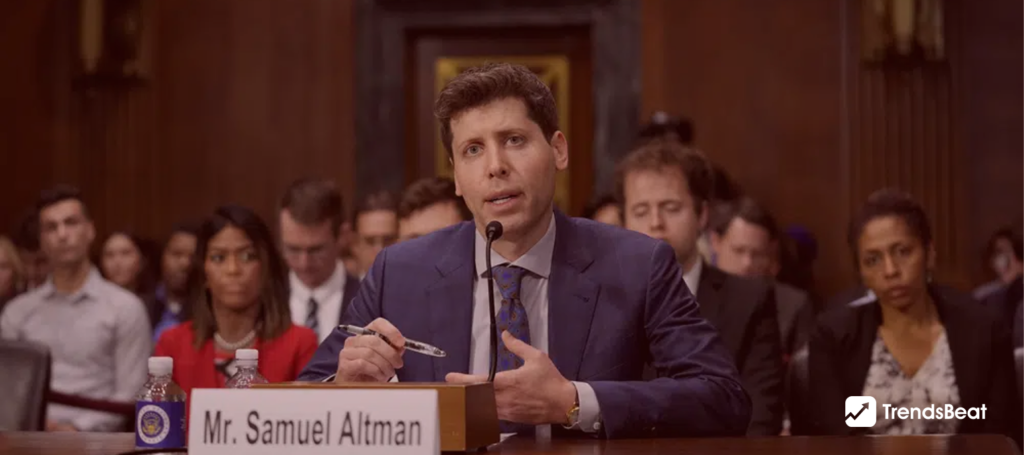

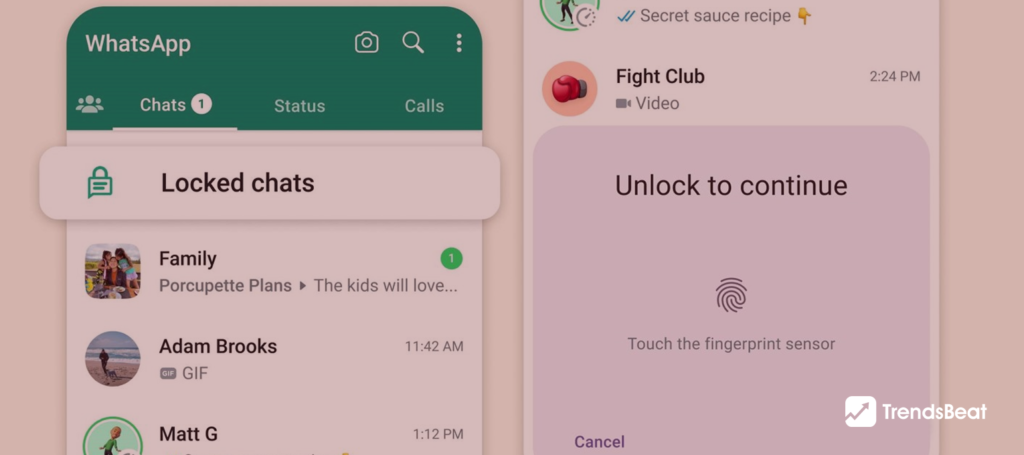
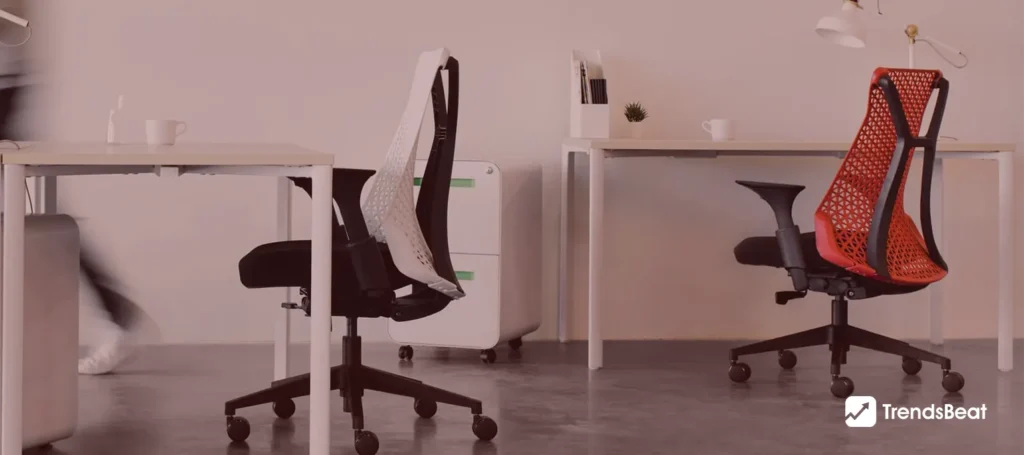






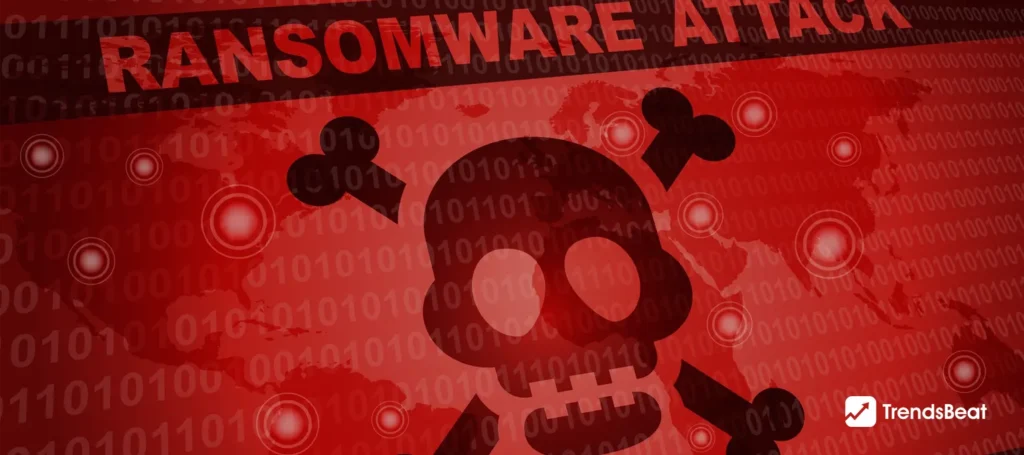


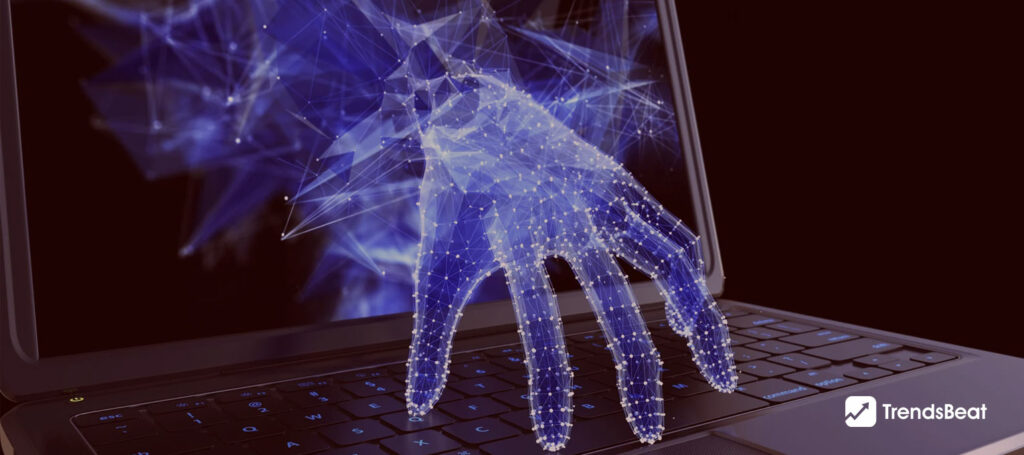
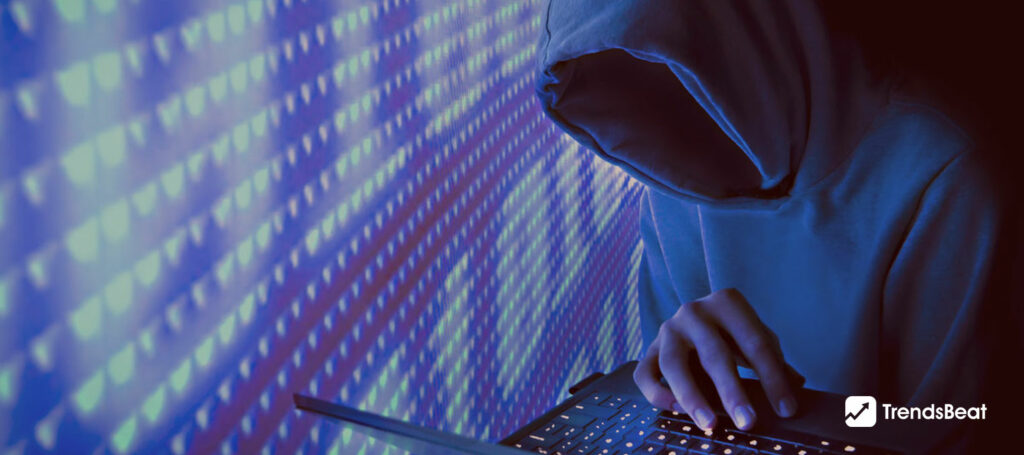

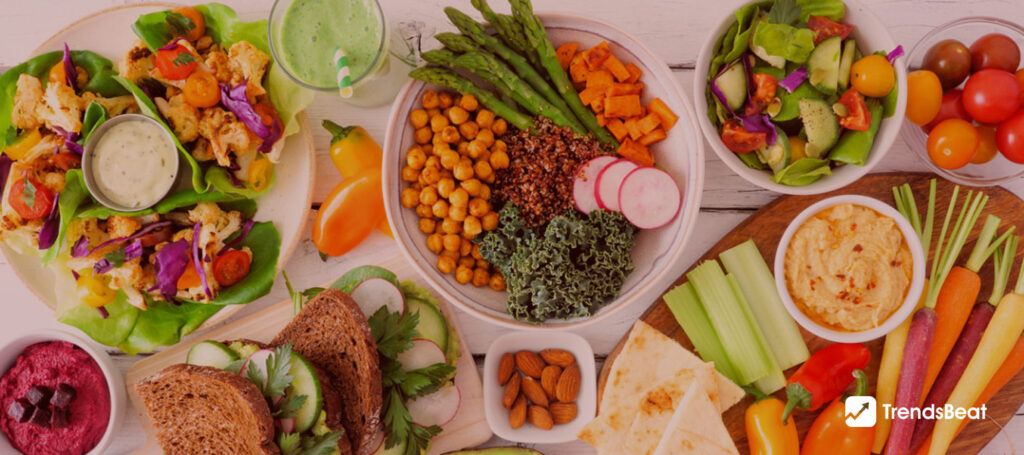


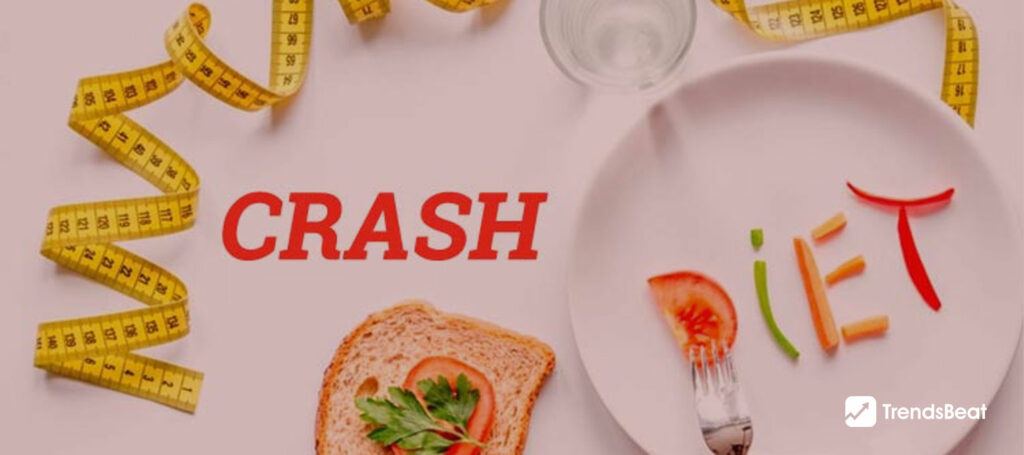
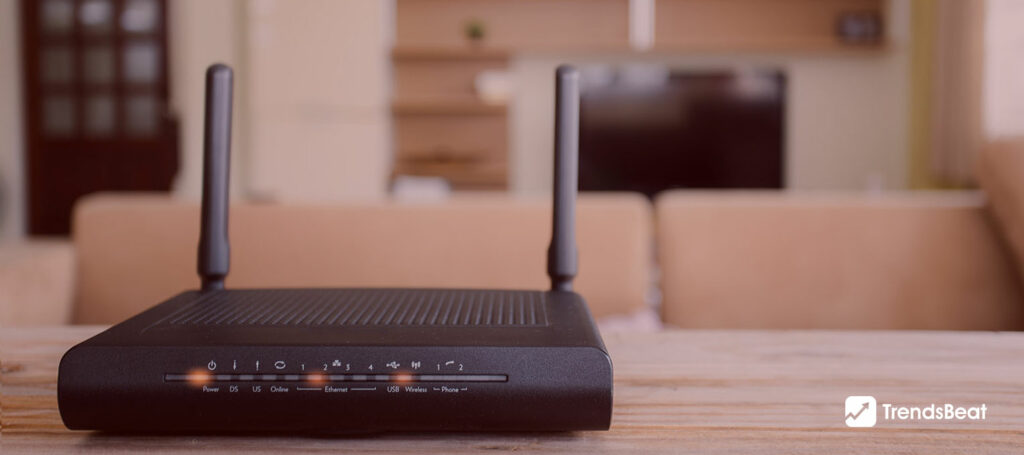



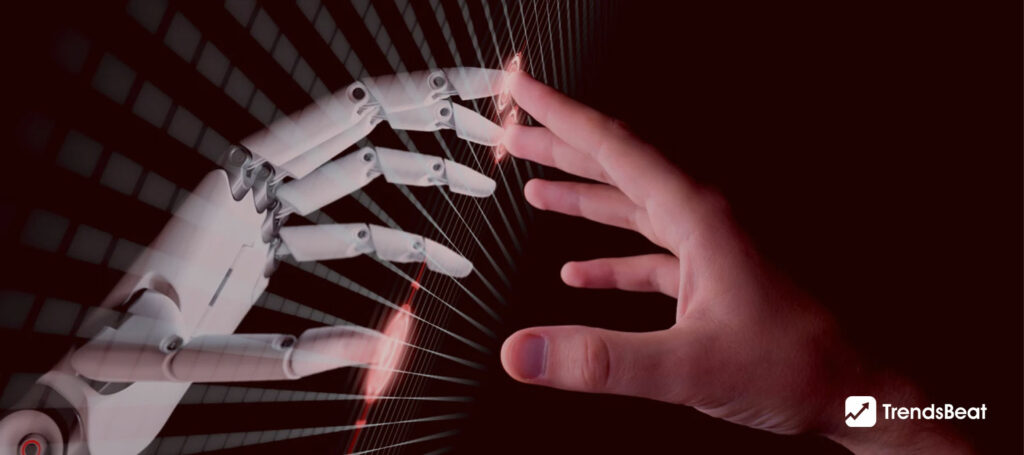


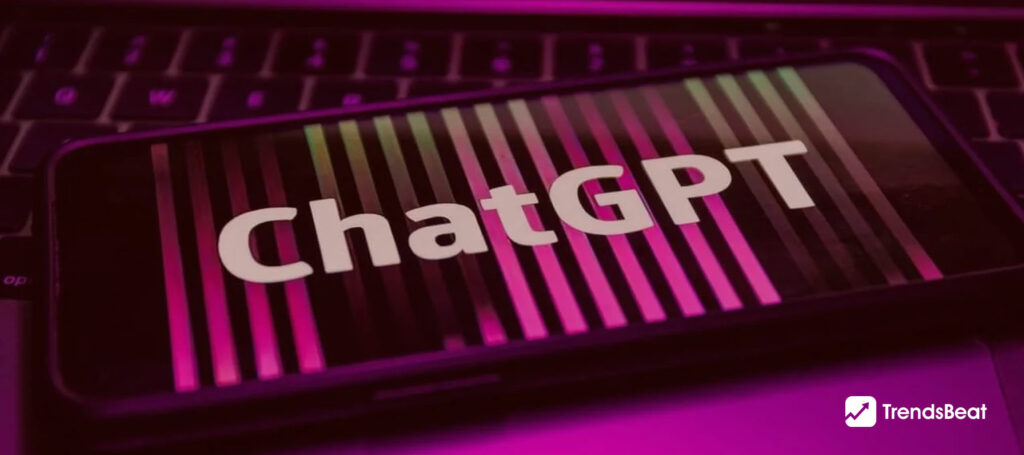
![Essential-Cybersecurity-Tips-for-Small-Businesses-[Protect-Your-Data]-TrendsBeat](https://trendsbeat.com/wp-content/uploads/2023/05/Essential-Cybersecurity-Tips-for-Small-Businesses-Protect-Your-Data-feature-image-template-1024x455.jpg)



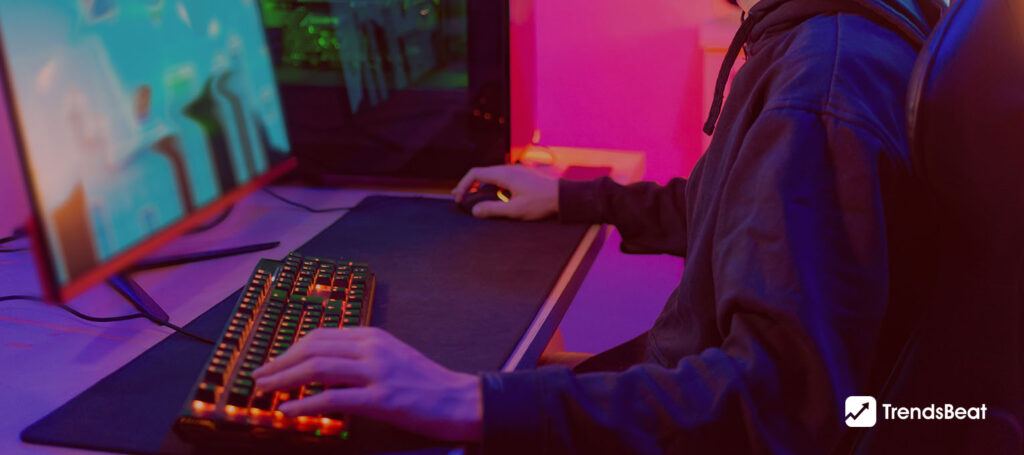
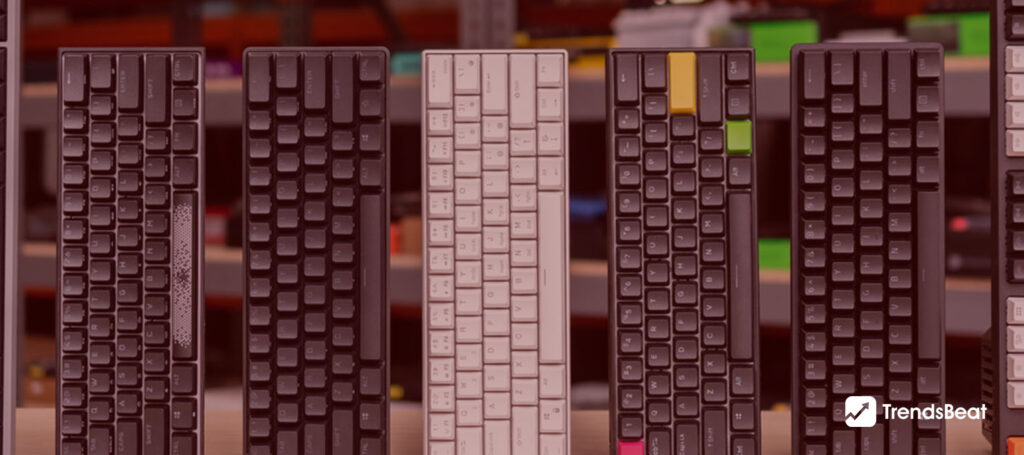

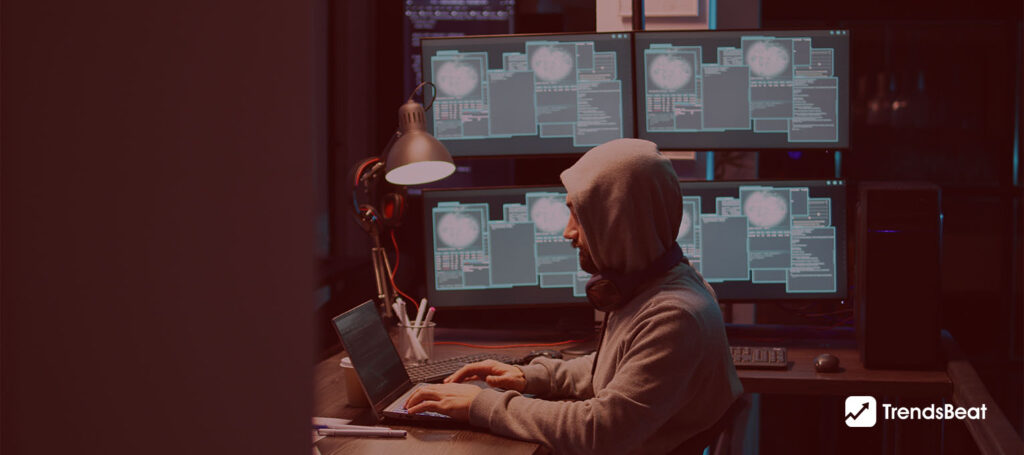
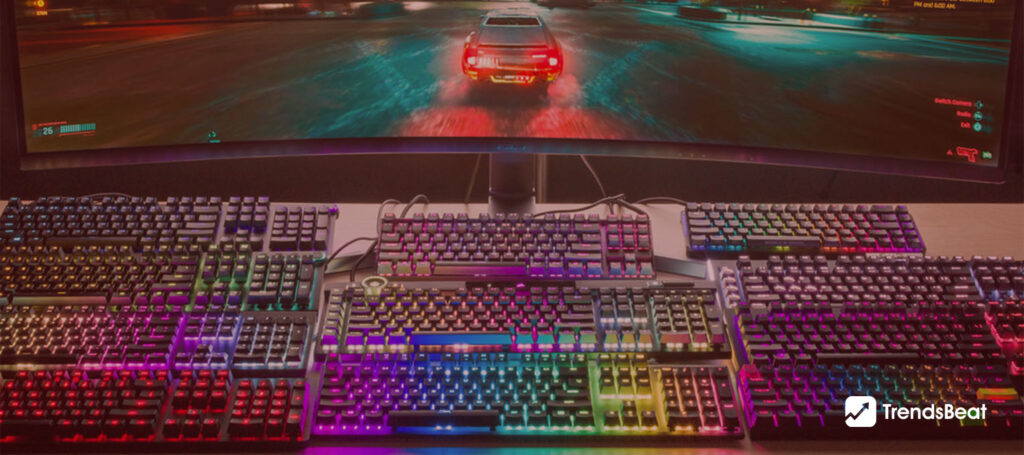

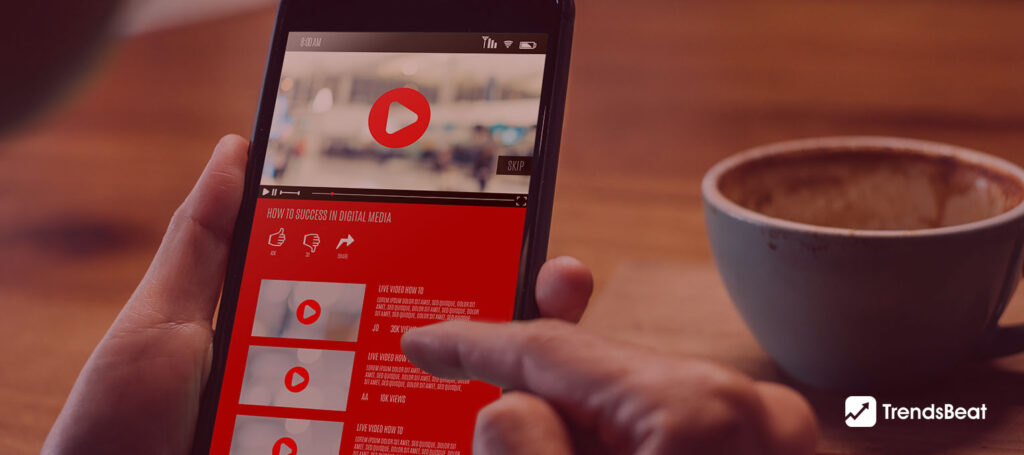




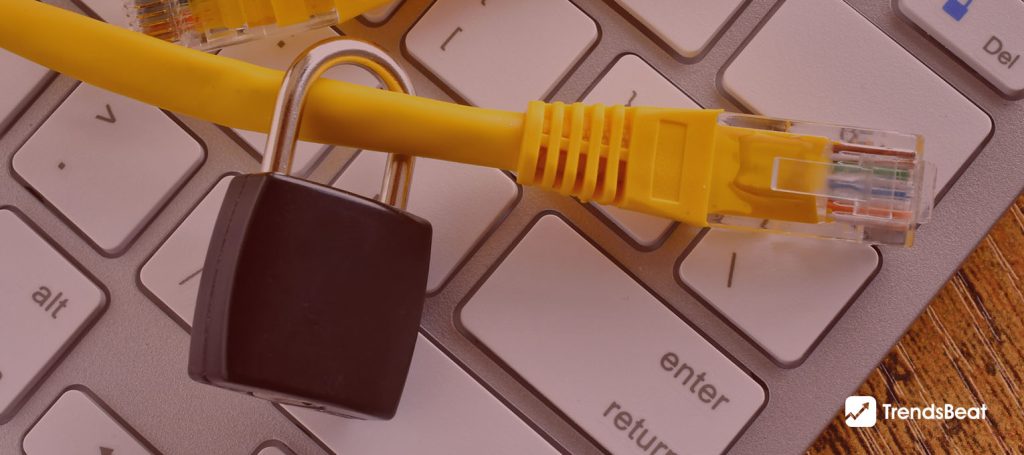

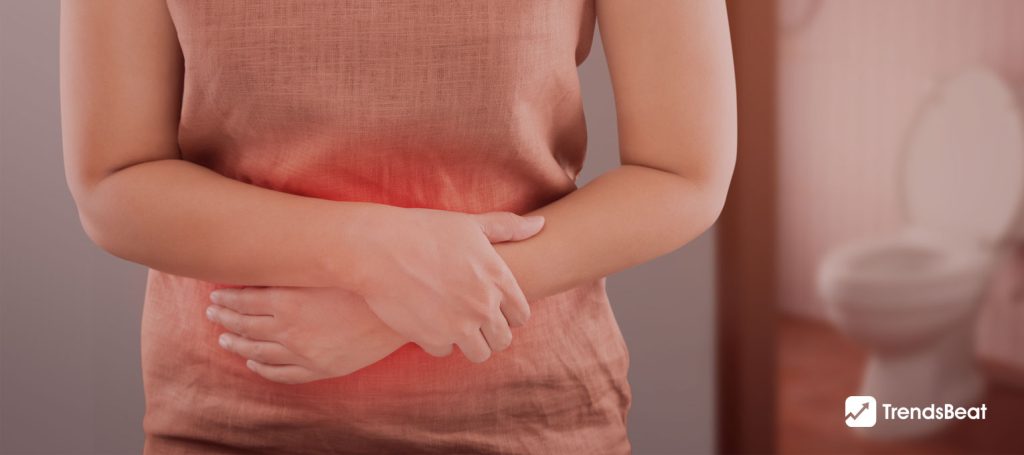
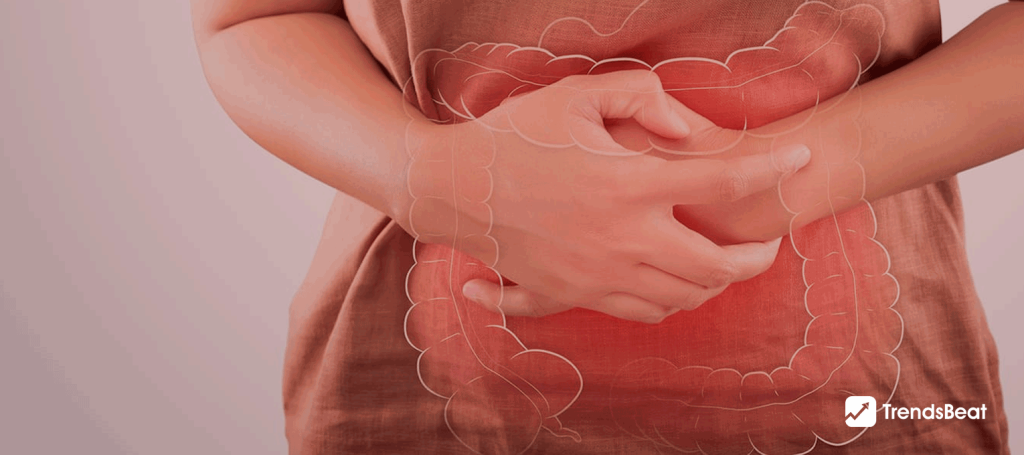
![Top Fitness Trends & Workout Routines to Follow [Stay Fit, Stay Healthy]](https://trendsbeat.com/wp-content/uploads/2023/04/feature-image-Top-Fitness-Trends-Workout-Routines-to-Follow-Stay-Fit-Stay-Healthy-1024x455.jpg)
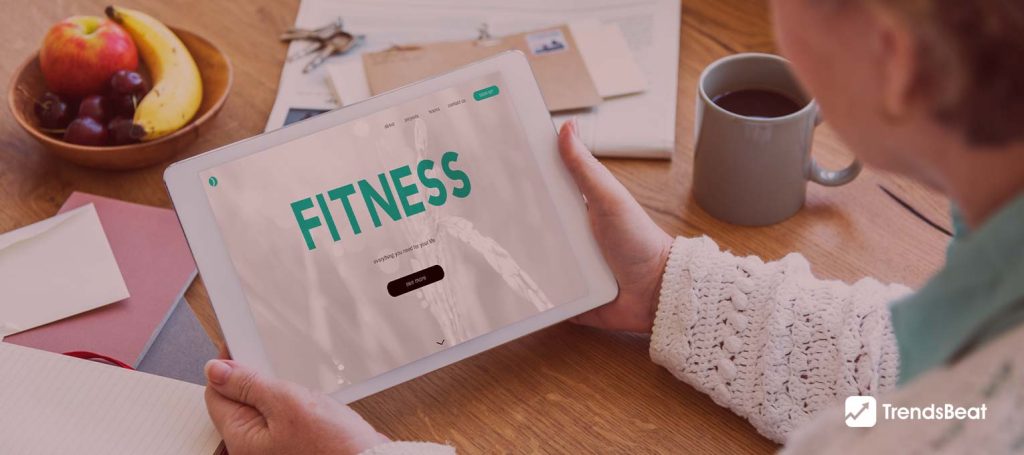
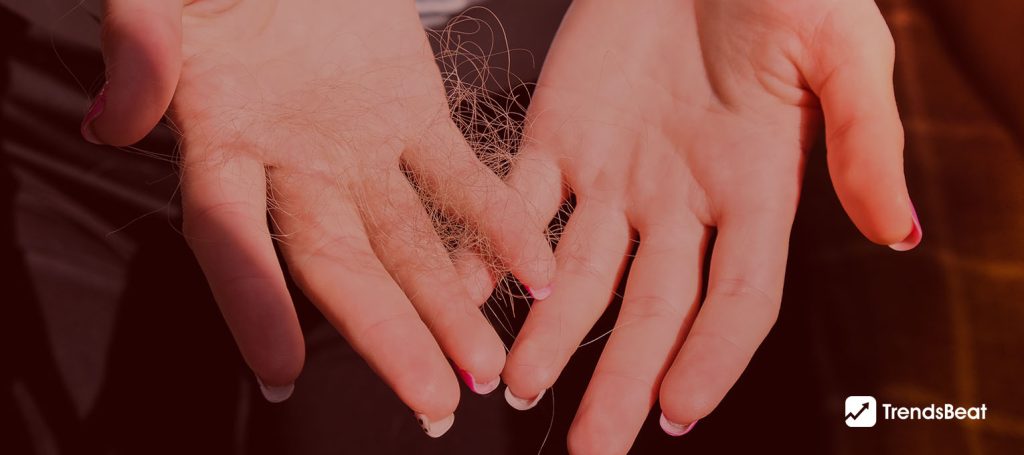
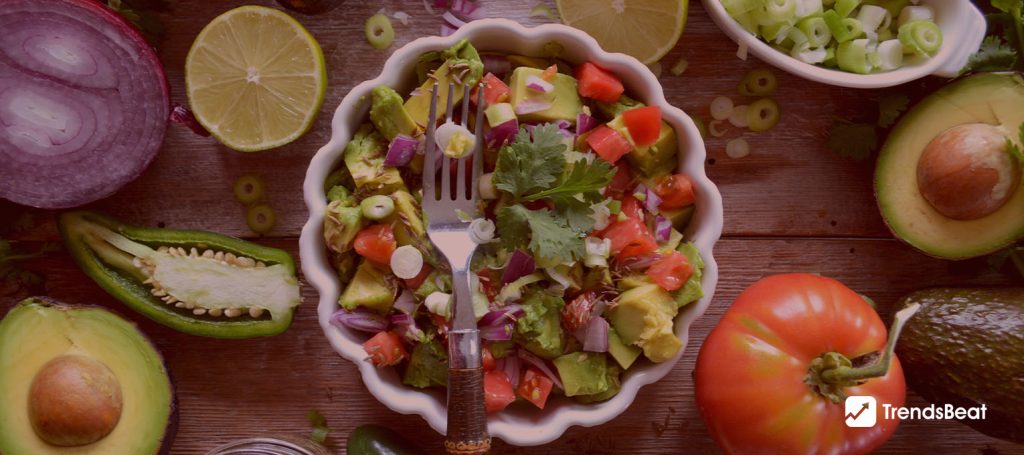

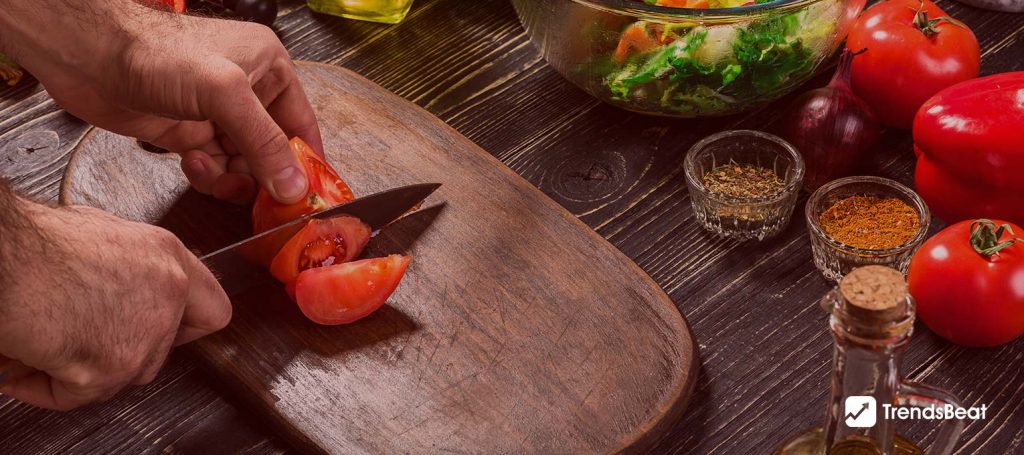
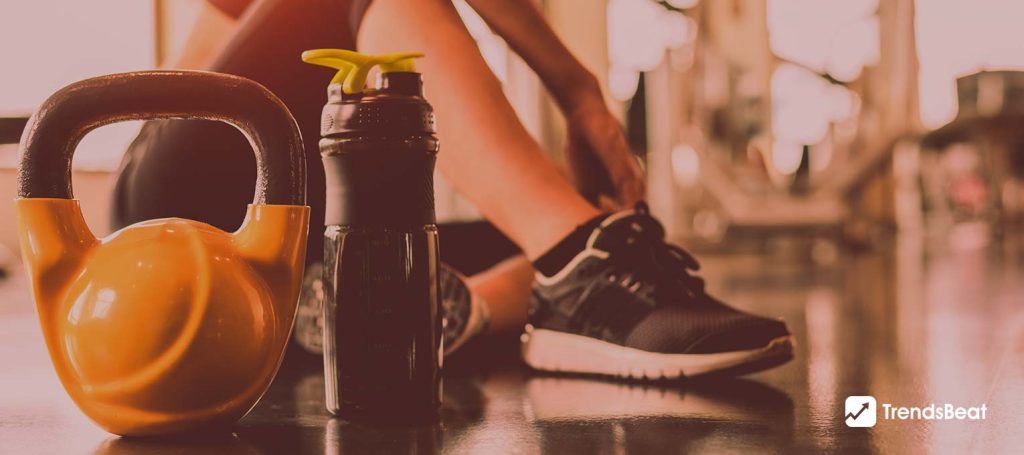

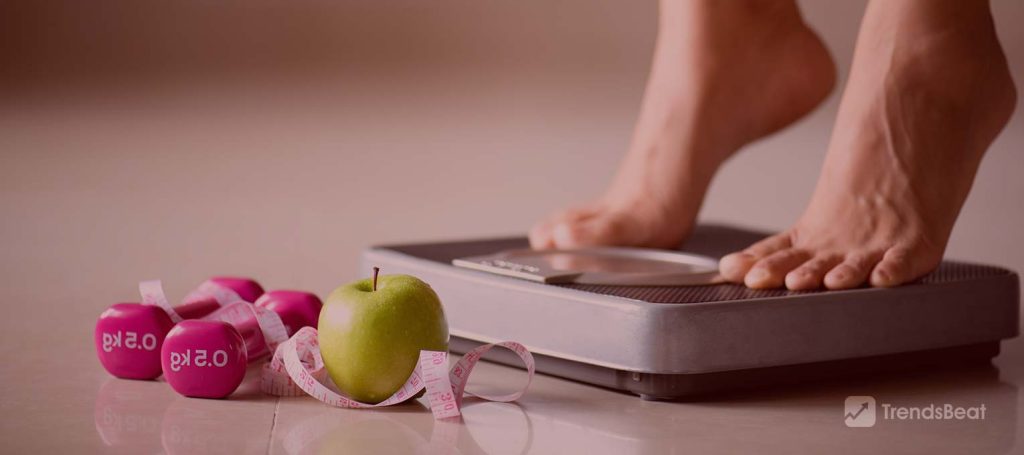


![[Weight Loss Medication Health Effects] Side Effects and Best Advice](https://trendsbeat.com/wp-content/uploads/2023/04/feature-image-Weight-Loss-Medication-Health-Effects-Side-Effects-and-Best-Advice-1024x455.jpg)
